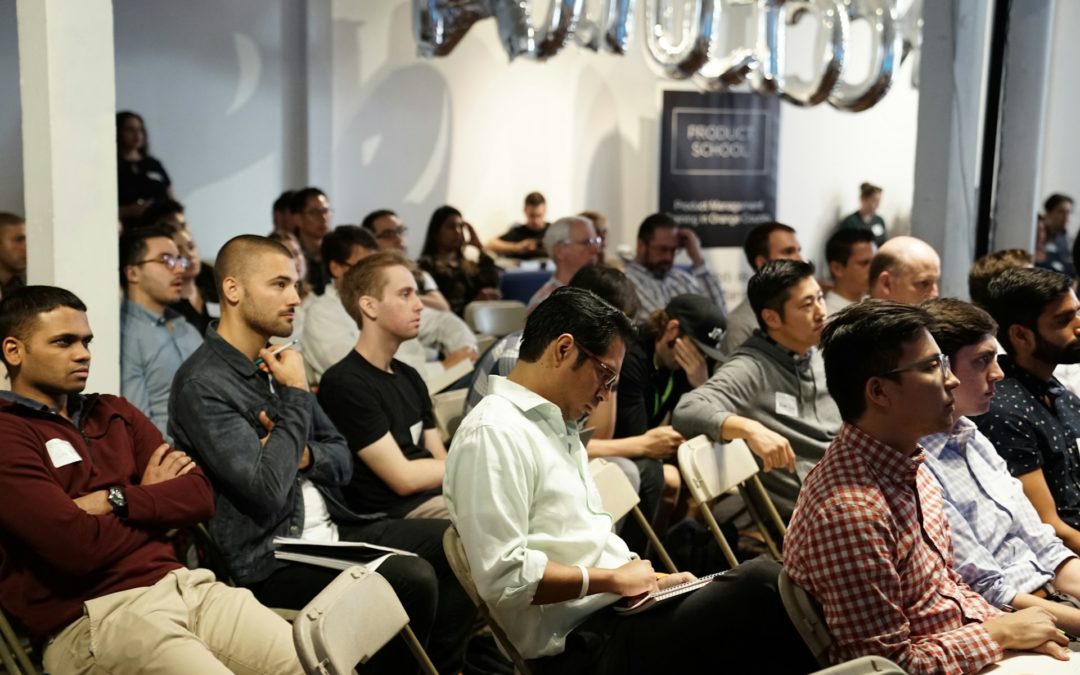It’s more urgent than ever that scientists become better at engaging with audiences about what they do, why they do it, and why it matters.
Scientists around the world are immersed in data, equations, and complex models. Understandably, that’s because their work revolves around uncovering truths, solving mysteries, and pushing the boundaries of knowledge. But amidst the sea of facts and figures, there lies a powerful tool that can elevate the impact of their work: storytelling.
Scientific communication is a matter of urgency
Why should science teams care about their ability to tell engaging and persuasive stories? Because active communication between researchers and society is essential for science-based policy development. And, I would argue, in a world of social media influencers (and even some scientist influencers) who repeatedly misrepresent study findings to grow followers, it is now more urgent than ever that scientists become more effective at engaging with and educating broad audiences about what they do as scientists, why they do it, and why it matters.
Room for improvement
While they excel at science, most scientists aren’t known for their communication skills, particularly when addressing less technical audiences such as commercial executives, project funders or the general public. Georgia Tech Professor Will Ratcliff puts it well: “Many scientists approach presentations as they do writing a paper: an opportunity to present their data. But data without proper context is difficult to absorb.”
What a waste!
It’s worth remembering, too, that scientific presentations represent hours spent—by both speakers and audiences. Whether it’s an informal talk at the lab or a conference keynote, valuable time is invested. And for those requiring travel, the costs escalate. Yet, to paraphrase scientific author, Michael Alley, for every exceptional scientific presenter such as Einstein, Feynman or Oppenheimer in his later years, ten weak presenters make their way to the podium to bore, confuse, or exasperate their audiences.
A strong presentation leaves a powerful impression
Research consistently indicates the impact of presentation quality on how audiences perceive the core ideaspresented. It’s not merely the content we convey; it’s the manner in which we deliver it. In a 2018 study, Kwon and Kudrowitz assessed 613 ideas presented over a span of four years. Their unequivocal conclusion: irrespective of the presentation tool employed, the quality of the presentation significantly influenced the perceived value of the idea itself.
Let’s rewrite the script
Now imagine if you treated every presentation as an opportunity to ignite curiosity, inspire change, and leave a lasting legacy. How could you begin to rethink your approach?
First off, realize that you are not simply translating a paper into a Powerpoint slide deck. A talk is far lessinformation-heavy, and you don’t have the time (or audience attention) to explain all the technical intricacies that are essential to a paper’s ability to withstand critique.
Second, understand that all the facts and figures we class as important in the world of science just don’t stick in most people’s minds at all. It’s actually stories that create memorable highlights by attaching emotions to factual information.
And third, take the time to learn how the best science presenters use storytelling – perhaps by reading the next post in this series (or contacting me to learn about my on-site Science-based Storytelling talks).
Make every presentation count
So, the next time you step up to the podium, remember that you’re not just presenting data; you’re shaping perceptions, sparking curiosity, and advancing science. Let’s make every slide count, every word matter, and every story unforgettable.
Feel free to share your thoughts in the comments! What difficulties have you encountered in presenting your ideas to non-expert audiences? How has storytelling transformed your scientific journey? Drop me a line at jonathan@cylindr.com
About the author
Jonathan Winch leverages over 25 years of international experience in sustainability, sales, and marketing to help companies create impactful narratives. He's worked with top brands like Dell Technologies and Nike, and advised the UN's SDG Accelerator program. Specializing in M&A communications, Jonathan excels in aligning technology and science with strategic storytelling to achieve meaningful business outcomes.



